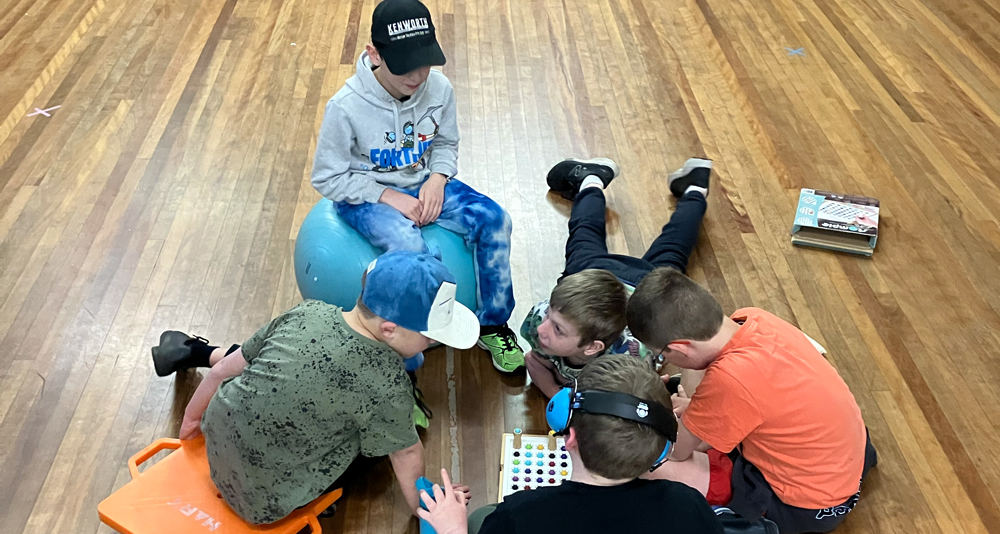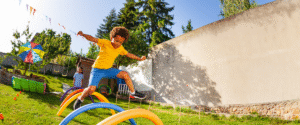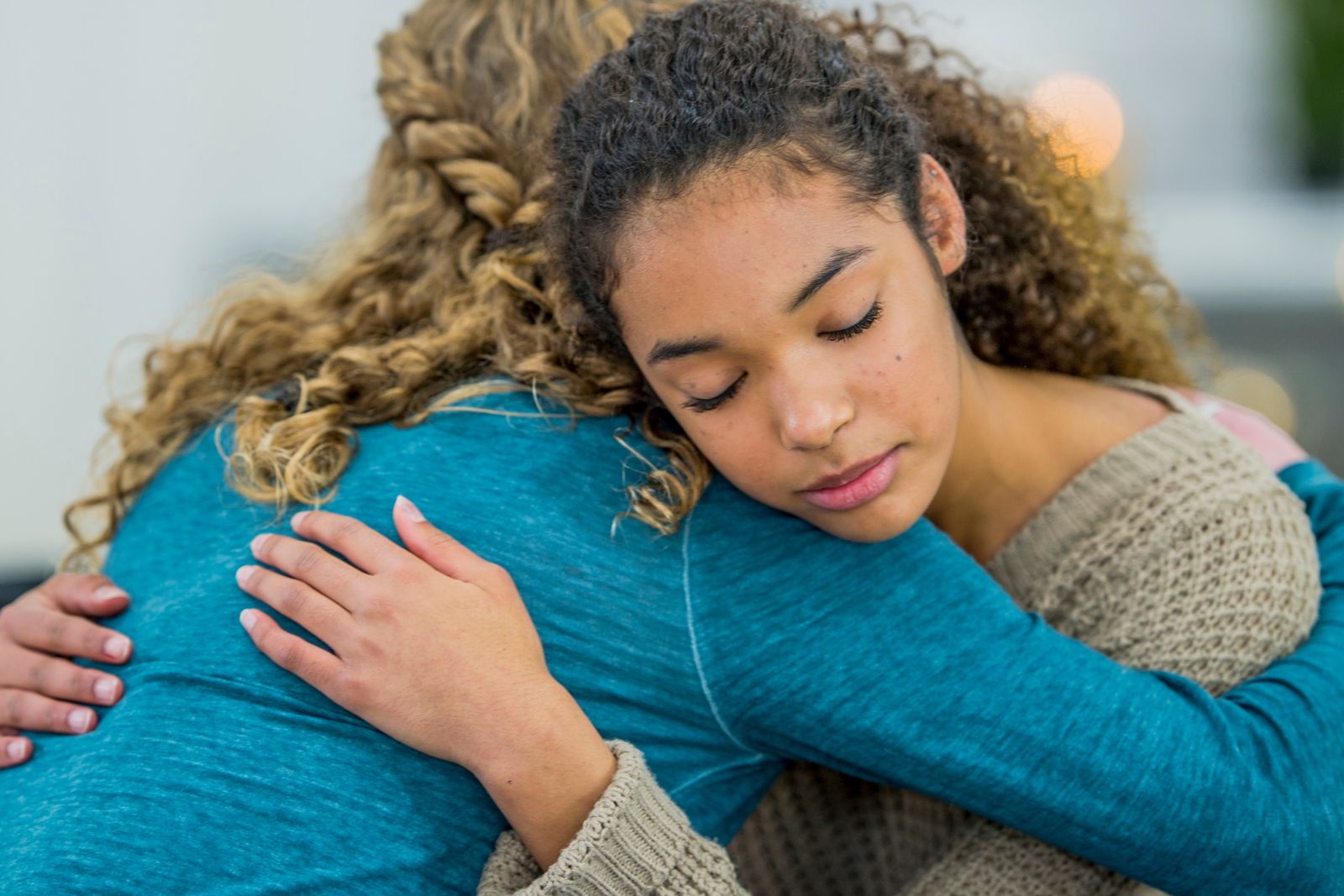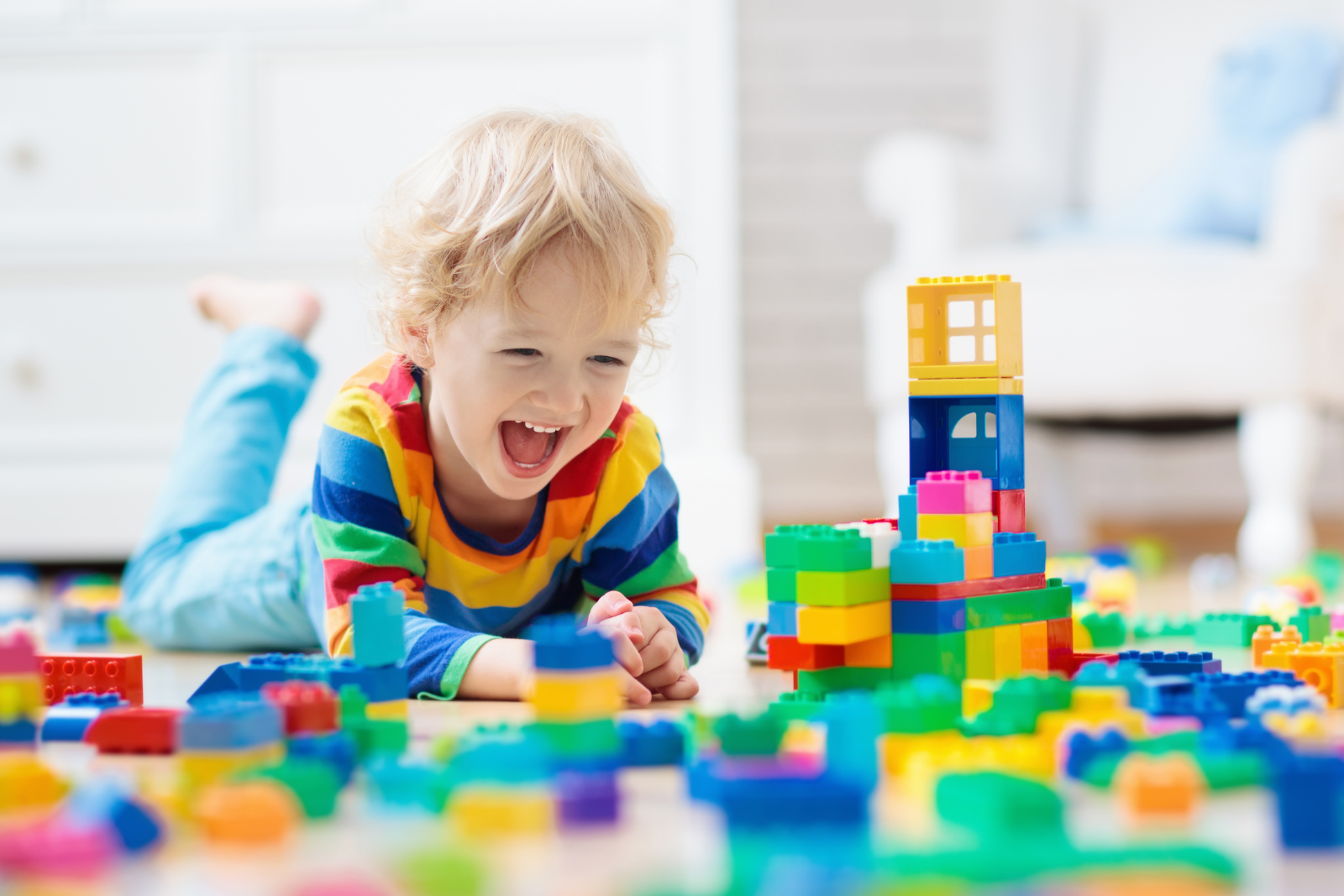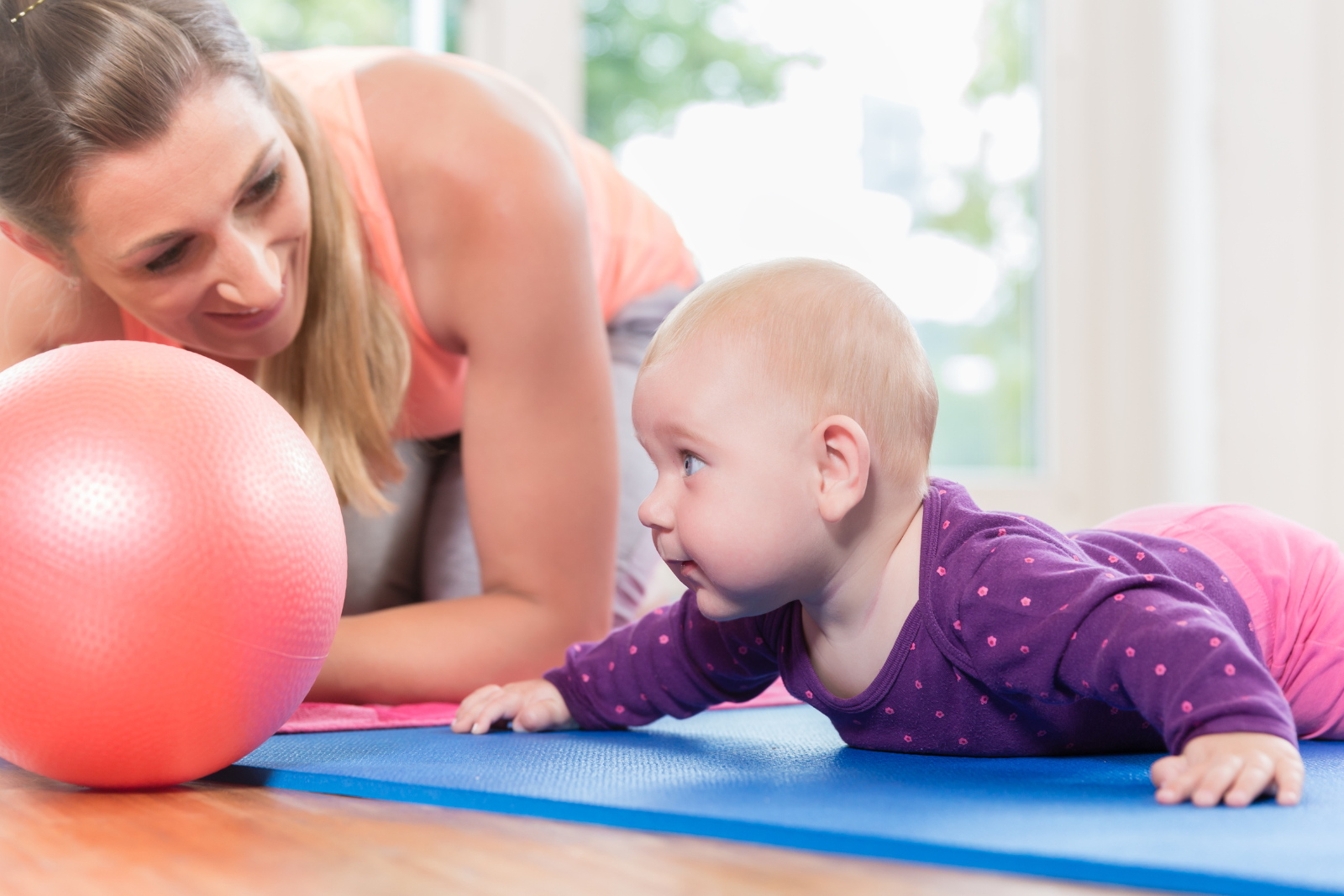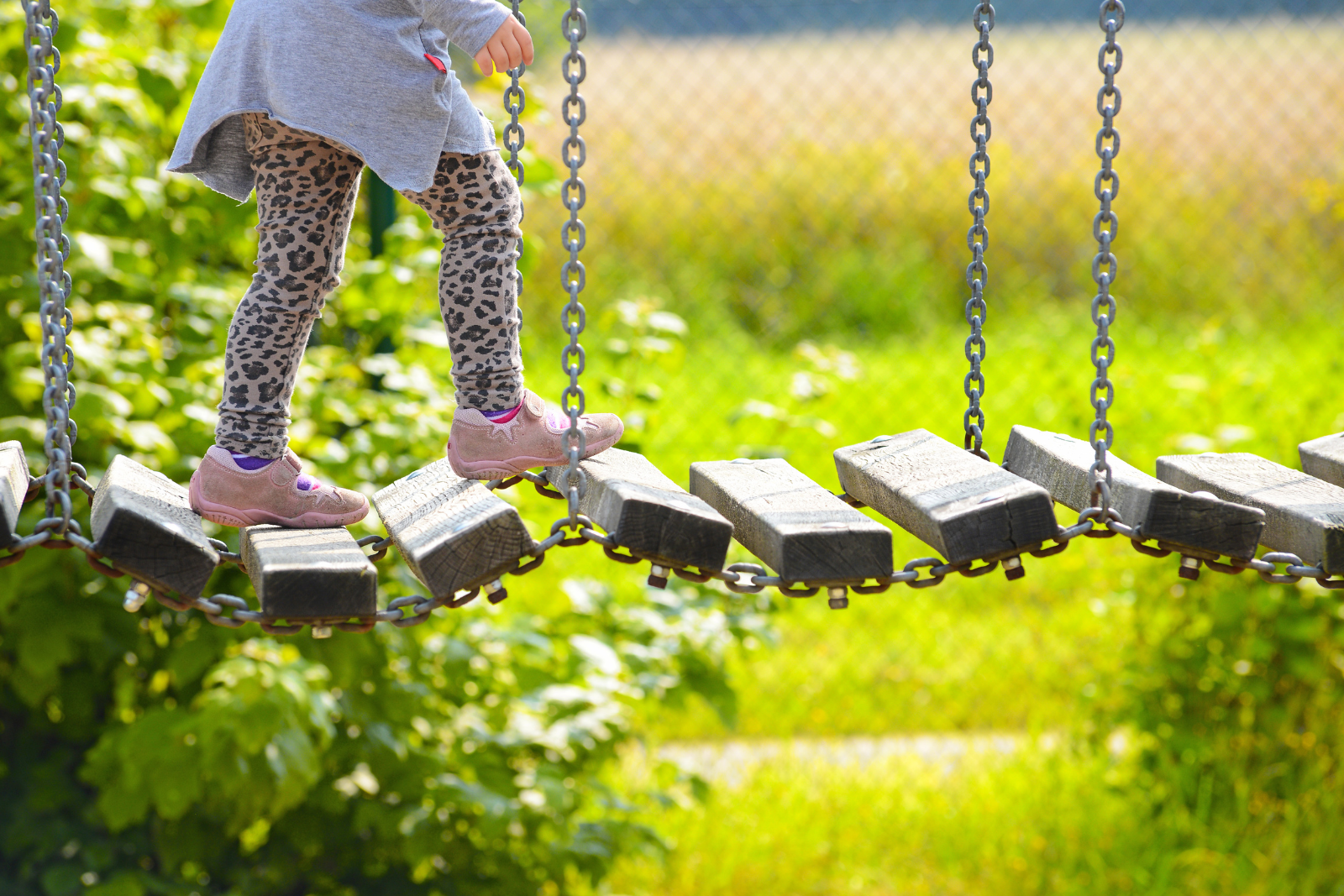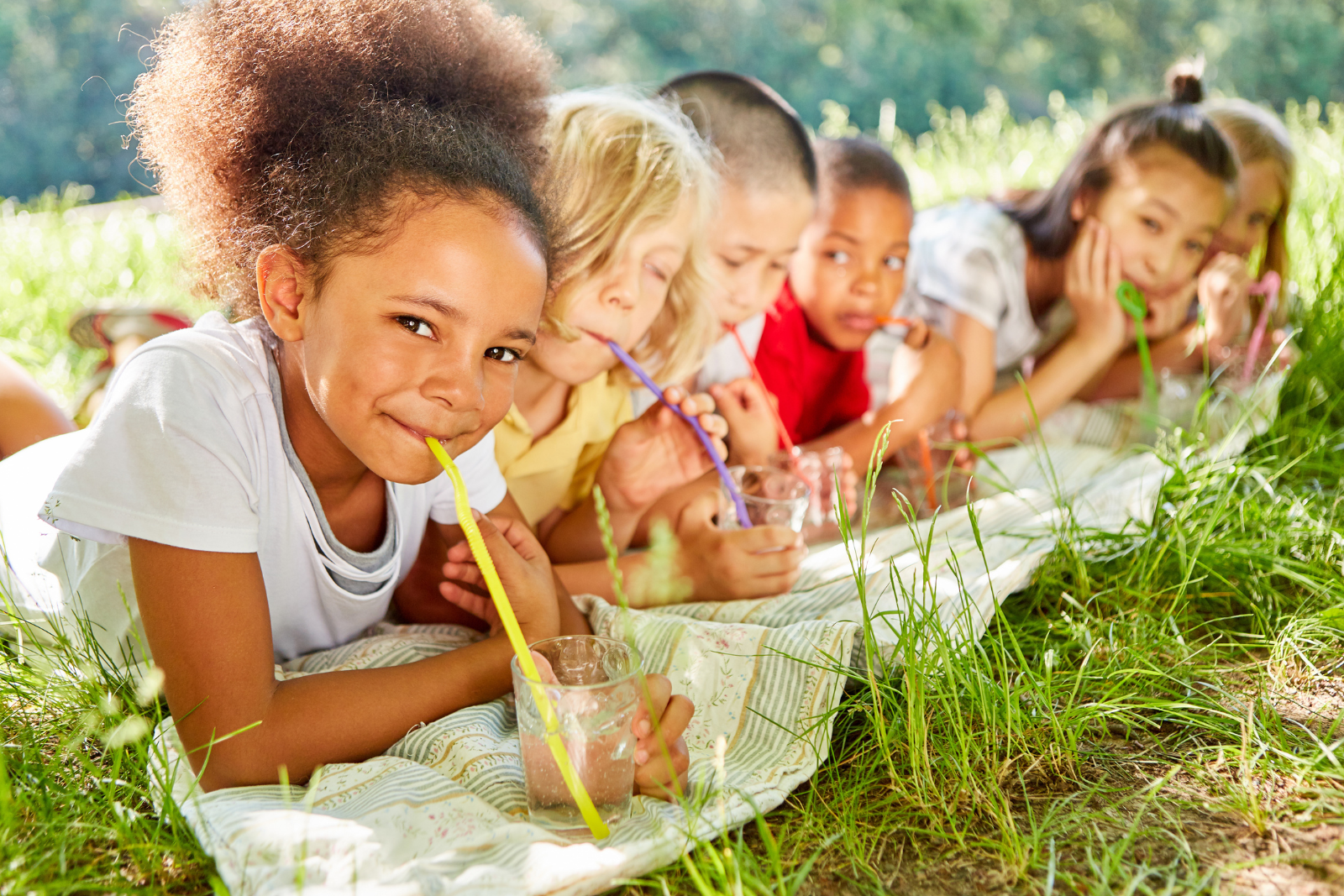
NURTURING EARLY SENSORY DEVELOPMENT: THE CRITICAL ROLE OF SUCK-SWALLOW-BREATHE SYNCHRONY IN INFANTS
As paediatric Occupational Therapists, one of the fundamental areas that we assess is infants and young children involving their feeding skills. A critical aspect of these skills is the Suck-Swallow-Breathe (SSB) synchrony. This coordination is essential for safe and effective feeding and plays a significant role in a child’s early sensory development. Today, I would like to delve into how SSB synchrony affects sensory development and why it’s crucial for us to monitor this with our clients.
What is Suck-Swallow-Breathe Synchrony?
Suck-Swallow-Breathe (SSB) synchrony refers to the coordinated pattern of an infant sucking, swallowing, and breathing during feeding. This skill is essential for infants to feed safely without choking and to ensure adequate nutrition. The development of this synchrony begins in utero and continues to refine over the first few months of life.
Proper SSB synchrony supports not just nutrition but also sets the foundation for the child’s future eating habits and speech development. It is the first developmental pattern that requires timing and sequenced movements. Synchrony and its components are so primal that it is easy to take them for granted.
Suck-Swallow-Breathe Synchrony Involves Three Main Components
- Sucking: This involves creating a vacuum in the mouth, which draws milk or formula from the bottle or breast. Effective sucking requires good muscle tone and coordination of the lips, jaw, and tongue.
- Swallowing: Once the liquid is sucked into the mouth, it needs to be swallowed. This process requires the soft palate to lift and close off the nasal passage, ensuring the liquid goes down the esophagus and not into the respiratory tract.
- Breathing: Infants must coordinate their breathing around the sucking and swallowing actions. They typically breathe in through the nose between sucking and swallowing sequences.
Early Developmental Factors Impacting Suck-Swallow-Breathe (SSB) Synchrony
Several factors during early development can impact the normal development of SSB synchrony:
- Prematurity: Premature infants often have underdeveloped muscles and nervous systems, making it difficult to achieve proper SSB synchrony.
- Neurological Disorders: Conditions like cerebral palsy (a disorder that affects movement and muscle tone) or developmental delays can interfere with the neurological control necessary for effective SSB.
- Structural Anomalies: Issues like cleft lip or palate, tongue-tie, lip tie or other anatomical variations can disrupt normal sucking and swallowing patterns.
- Respiratory Issues: Chronic respiratory conditions or frequent respiratory infections can disrupt the delicate balance required for SSB synchrony.
- Sensory Processing Disorders: Children with sensory processing challenges may struggle with the textures and sensations associated with feeding, impacting their ability to maintain SSB synchrony.
- Primitive Reflex Activation: Primitive reflexes may not activate with the Suck-Swallow-Breathe synchrony, impacting coordination. This often occurs with latching onto the breast or bottle prior to the sucking reflex commencing.
- Birthing Experience: Every child enters into the world differently. Their mother’s experience and their own can, on occasions, be high-stress, or medications administrated at the wrong time can initially impact the baby’s energy levels or alertness to engage in latching to the breast and coordinate the Suck-Swallow-Breathe synchrony.
The Connection Between SSB Synchrony and Sensorimotor Development
SSB synchrony is deeply intertwined with an infant’s sensorimotor and cognitive development. It involves multiple sensory systems and motor responses that enhance neural pathways crucial for later skills, including:
Speech and Language Development: The muscles and neural mechanisms involved in SSB are the same as those used in speech. Efficient SSB synchrony helps strengthen these muscles and neural connections, facilitating clearer speech articulation and language processing skills as the child grows. Early difficulties in SSB can indicate potential speech and language delays, prompting early intervention.
Regulation of State: SSB synchrony contributes significantly to a baby’s ability to regulate physiological and emotional states. This regulation is crucial for attention, learning, and interaction. Feeding times provide not only nourishment but also comfort and security, aiding in the development of self-regulation skills that are vital for emotional and cognitive growth.
Postural Control: Feeding involves more than just the mouth; it requires head and neck stability, trunk control, and, eventually, the ability to sit up independently. The repetitive act of feeding while maintaining SSB synchrony encourages muscle development and coordination, paving the way for improved postural control, which is essential for all future motor tasks, including walking and fine motor skills.
Feeding and Eating Behaviour: The development of SSB synchrony is directly linked to feeding success. Infants who master this coordination are likely to experience fewer feeding problems. As children grow, efficient feeding supports the exploration of different textures and types of food, fostering positive eating behaviours and preferences that contribute to healthy growth and development.
Ego Development: Ego development, or the formation of a robust sense of self, begins in infancy. SSB synchrony supports attachment and trust by allowing effective feeding and interaction with caregivers. Each successful feeding reinforces the infant’s sense of mastery and autonomy, which are critical components of healthy ego development.
Eye-Hand Coordination: While not immediately apparent, the coordination required for effective SSB synchrony can also influence eye-hand coordination. As infants reach and grasp for the bottle or breast, they develop fine motor skills alongside visual tracking abilities, setting foundational skills that later translate to tasks such as writing, typing, and other manual activities.
Occupational Therapy Interventions: How Do We Support This?
In Occupational Therapy, we use a variety of strategies to support the development of SSB synchrony.
Building Awareness Through Oral Motor Exercises
C Stretches: This is a facial massage technique that provides tactile input to the cheeks, chin, and lips to activate muscles to assist with oral motor awareness, planning, exploration, developmental structures, calming, and regulation.
ARK Z Vibe: This vibratory oral motor tool can help build oral tone and improve speech, feeding, and sensory skills. The vibration provides a higher level of sensory stimulation to increase awareness and attention to the lips, tongue, cheeks, and jaw. This tool will support the ability to work through ineffective sensory processing capacities, helping the nervous system sort, filter, and organise information.
Suck and Breath Exercises:
Suck Exercises:
- Using straws, crazy straws, or coffee stirrers for drinking (Consider the diameter and texture of the straw to best fit).
- Drinking from sports bottles and small plastic cups with lids and holes for straws.
- Moving small bingo chips with a straw from one place to another.
- Sucking in on a piece of theraband or bubble gum over lips, sucking on a sucker/lollipop, pacifier/dummies or finger and creating a loud pop as it is pulled out.
Breathe/Respiration Exercises:
- Blow bubbles in water.
- Playing games with the tongue, such as making lip sounds, raspberries or tongue-clicking.
- Blowing cotton balls, paper wads, and ping pong balls over obstacle courses.
- Bumper cars: Blow ping-pong balls around a tub of water with a straw or a long piece of tubing.
- Use toys that offer resistance to respiration.
Why Early Detection Matters?
Goal-Based Face-to-Face Intervention:
The development of Sucking, Swallowing, and Breathing synchrony is more than just a feeding skill; it’s a cornerstone of early sensory development and has profound implications for a child’s growth and comfort in their environment. Identifying issues with SSB synchrony early can prevent future complications, such as feeding difficulties, speech delays, and sensory processing challenges. Early intervention leads to better outcomes and can significantly improve a child’s quality of life.
As paediatric Occupational Therapists, it’s our role to ensure that this skill develops appropriately, providing the foundation for a healthier, more integrated sensory experience for the child.
Through early intervention and targeted strategies, we can help support not only your child’s ability to eat and grow but also their overall ability to experience and interact with the world around them in a positive way.
Take the Next Step: Contact Us
If you notice any feeding difficulties or have concerns about your child’s Suck-Swallow-Breathe synchrony, don’t hesitate to reach out to our team. Early intervention can make a significant difference. Contact us today to schedule an assessment and give your child the foundation they need for a healthier future.
__________________
If you’d like to chat more, please don’t hesitate to contact us today! Call us on 0477 708 217 or email admin@exploreandsoar.com.au
Until Next Time,
Maddie
PUBLISHED SEPTEMBER 2024
REFERENCE: Oetter, P., Richter, E.W. & Frick, S.M. (1993). MORE: Integrating the Mouth With Sensory and Postural Functions. Farmington, MA. Therapro, Inc.




